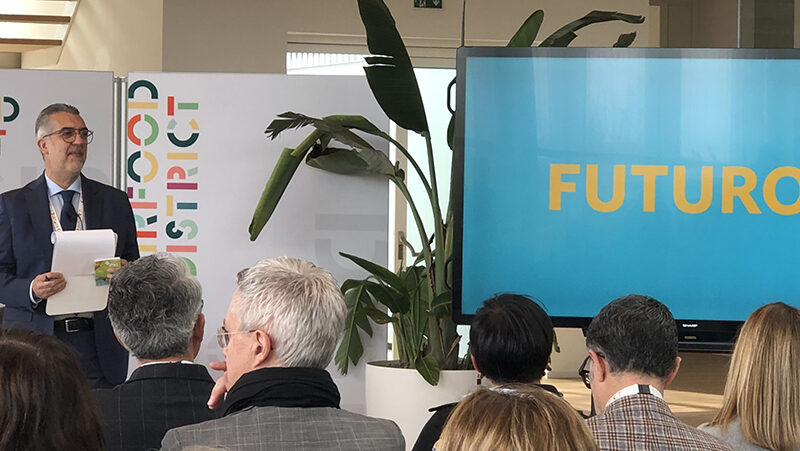 The guest experience continues to be one of the main concerns for hoteliers. How to improve it when the guests’ expectations are constantly changing?
The guest experience continues to be one of the main concerns for hoteliers. How to improve it when the guests’ expectations are constantly changing?
The times when all that cared was the location and good service are long gone. Today guests aim for much more than that. Creating an excellent hospitality experience nowadays has to do with how fast you answer their questions, how many ‘one-click’ experiences you can provide, and how personalised the approach you take to engage them.
In order to keep your guests, you must not only stay informed about the latest trends in guest behaviour and hospitality, but also get to know the new basics of the guest experience and make sure you are tackling them.
What are the mistakes that are destroying your guest experience?
1. Not planning your communications
You can either be sending too much or not sending anything at all. But the important thing is that both approaches will destroy your guest experience.
You should aim to create a guest relationship. This means, communicating with them with relevant information across the entire guest journey. And to be successful, you need to plan your communications, draw the journey and make sure it includes relevant and personal messages, aimed at the right people at the right time.
The results? Not only an excellent guest experience but also higher guest engagement and satisfaction.
In fact, according to a survey conducted by Deloitte to analyse the guest experience, only 66% of guests reported being satisfied with the way the hotel engaged with them, showing that there is plenty of room for improvement.
2. Offering irrelevant information & services
Either when you are talking about ways to get to your hotel or offering services to your guests, every message should be relevant and add to the guest journey.
When you offer a couples massage to a business traveller, it is clear that you are not using your guest data in the correct way. The insights you get from your guests should help you give them personalised recommendations, become their local friend and offer relevant services to their target group.
This not only boosts the guest experience but also helps you to build a relationship with them, which will have an impact on your guest loyalty.
3. Making your guests lose time
Time is of the essence! One of the most annoying parts is starting the vacation period by having to stay in line in the hotel lobby, waiting for someone to make you sign documents. Or until they bring the key to the room.
This is automatically taking away part of the magical experience you promised to your guests. Think about the processes that can be automated or how you can save time. Perhaps is it about implementing a contactless check-in solution or about using digital keys instead of physical ones.
What about service requests? If they have to call reception to order something extra, you are already asking too much. Why not give them the opportunity to do it through a guest app?
4. Having a high customer effort
Do your guests need to fill out a massive form to get in contact with you or make a special request? Can a reservation in your hotel be completed in 3 simple steps or do they need to follow a 10-step process? What is the process to cancel a reservation?
According to Zendesk, 65% of customers want to buy from companies that offer quick and easy online transactions. And this includes hospitality.
Why? Because customer effort is critical to satisfaction. The simpler, easier and clearer your communication and processes are, the happier your customers will be, and the better the experience for them.
To start addressing this issue, you can analyse your processes, from the most important to the less. Think about how to make it simpler, how to eliminate steps, and keep just the necessary items.
5. Not caring about personalisation
Your guests are different from each other. And personalisation goes beyond adding their name to the messages you send.
According to the survey mentioned before by Deloitte, only 65% of guests said they are satisfied with how well the brand knows and remembers them, their preferences and their needs.
This clearly shows that many hotels are not taking into consideration the power of personalisation. If you don’t pay attention to what they prefer, you are already sabotaging your guest experience and satisfaction.
One clear example of how to use personalisation has to do with the channels they use to communicate. Not all of them read their emails, just like not all are interested in receiving a WhatsApp message.
Another example of how personalisation is relevant is when you send instructions on how to reach your hotel by train, for travellers that arrive by train, and by plane for those that are flying to your location.
The more personalised your communications and your services are, the better the experience.
6. Creating false expectations
If you write information about your hotel and facilities that is not correct, you will be offering something you cannot deliver. This is a key point not only when talking about the guest experience but also about guest loyalty.
If your hotel says they have a highly implemented gym but all guests can see are dumbbells and a cycling machine, don’t you think they will be disappointed?
Another example is when promising access to a complete spa treatment, but in the end, it’s only a jacuzzi or a massage table.
You don’t need to lie to create a good guest experience. Be truthful and offer real information to your guests, and give them the power to choose.
Pay attention to the whole picture
We strongly believe that the best strategy is to pay attention to the whole guest journey, and how you can improve at every stage, from an operational and a guest satisfaction point of view.




